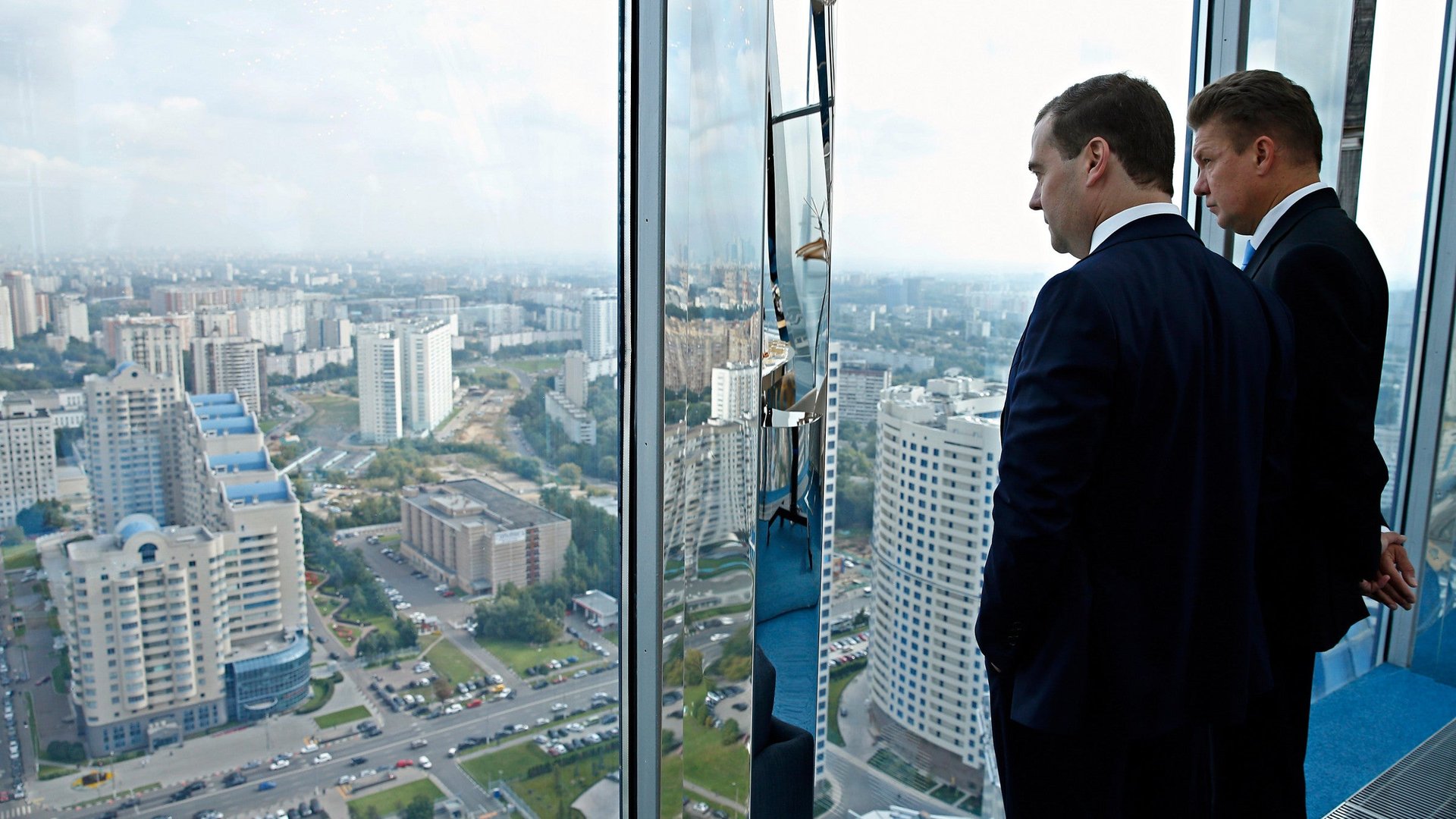Europeans to Gazprom: Stop price gouging!
The European Union is going to bring anti-trust charges against Russia’s state-owned gas company, Gazprom, which provides about a quarter of the region’s natural gas. It’s the kind of move that in the past has irked the gas giant: In 2009, it simply shut down pipelines to Ukraine when that country complained about high prices. That decision, announced by then-Prime Minister Vladimir Putin, was also motivated by Ukraine’s plans to further integrate its economy with the EU. The EU’s charges could be released by the end of the year, will further complicate Russia’s already tense relations with the West.


“We suspect that Gazprom has been hindering the free flow of gas across member states and the diversification of sources of supply [and] has imposed unfair prices on its customers.” — Joaquín Almunia, the European Union competition commissioner.
The European Union is going to bring anti-trust charges against Russia’s state-owned gas company, Gazprom, which provides about a quarter of the region’s natural gas. It’s the kind of move that in the past has irked the gas giant: In 2009, it simply shut down pipelines to Ukraine when that country complained about high prices. That decision, announced by then-Prime Minister Vladimir Putin, was also motivated by Ukraine’s plans to further integrate its economy with the EU. The EU’s charges could be released by the end of the year, will further complicate Russia’s already tense relations with the West.
In November, Ukraine expects to sign on to a free-trade deal with the EU, and Gazprom has already threatened to raise prices once again in response. But so far the company has said it doesn’t plan to retaliate against the EU for its anti-trust charges. On average, it charges European customers about three times what it charges customers in Russia.
Currently, former eastern bloc countries including Lithuania, Poland, the Czech Republic and Slovakia get the short end of Gazprom’s natural gas stick, paying higher prices because they are locked into pipelines built during Soviet times. But Western European companies, which have more energy options and command lower prices, are prohibited from re-selling gas they buy from Gazprom to other countries at a cheaper price. The EU sees this as an unfair use of Gazprom’s monopoly power.
Gazprom has been under market pressure recently, thanks to the fracking-driven US natural gas boom. Last year, it surprised observers by re-writing long-term sales agreements with European buyers, rebating them $3 billion. But it’s not clear if the firm will bend further: Gazprom’s revenue growth surprised analysts, leaving the company, which euphemistically warned regulators last year that in Russia it has the “status of a strategic organization,” with plenty of leverage.
While Gazprom could hypothetically face a fine of €12 billion ($16.3 billion), about 10% of its global revenues, but it’s unlikely the EU will ask for—or be able to collect—such a sum. At the same time, Gazprom probably can’t afford to pressure its largest market for long. A settlement with pricing or sales concessions from Gazprom might be the best economic outcome, if politics don’t interfere.